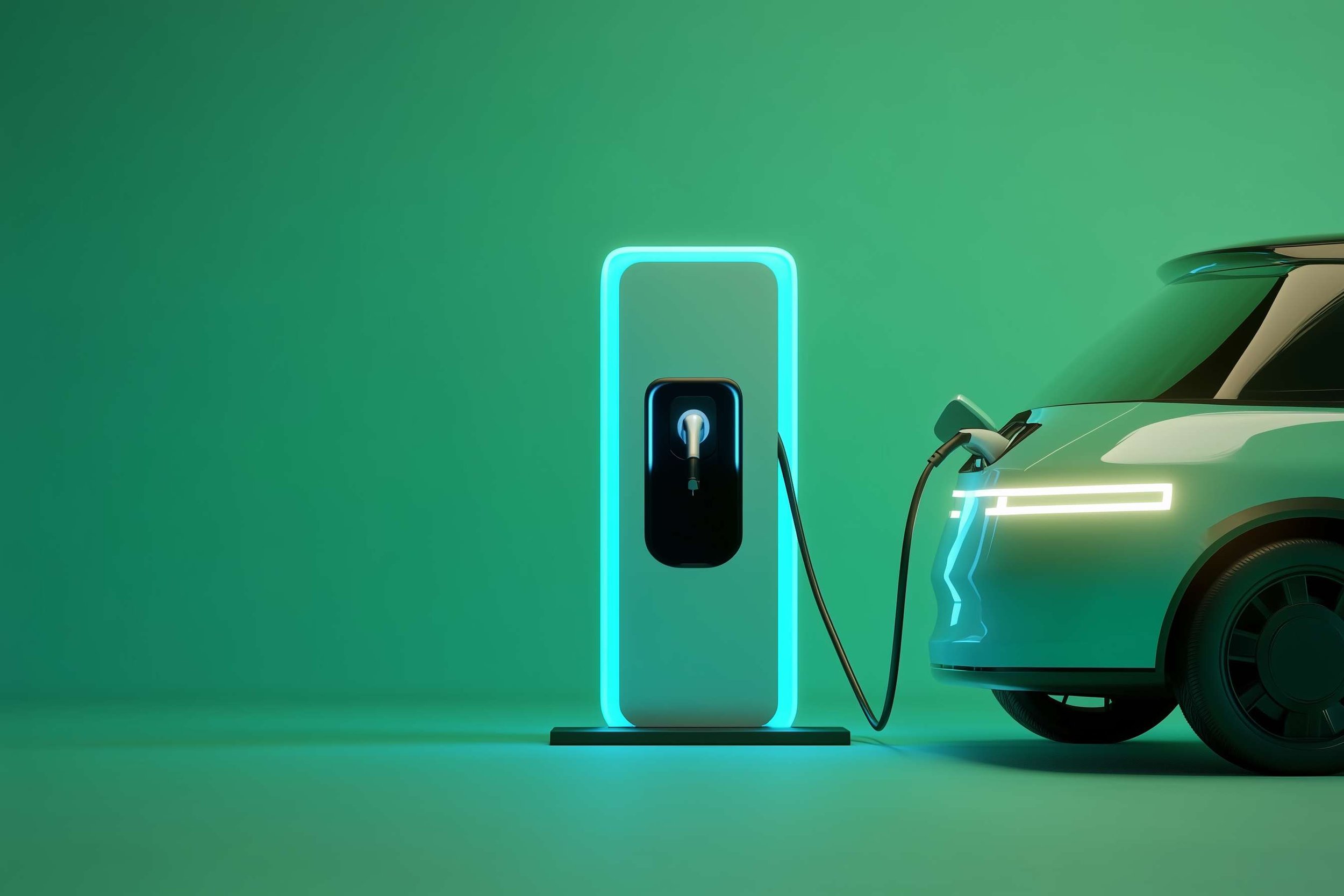
Are Electric Cars Cheaper to Run?
Learn about fuel savings, maintenance costs, and the factors that influence whether EVs are more economical than petrol vehicles
Imagine you're at a crossroads, literally and financially. To your left, the familiar hum of petrol engines; to your right, the silent glide of electric vehicles (EVs). Your wallet whispers, "Choose wisely." So, are electric cars really cheaper to run, or is this just a shocking misconception? Let's plug into the details.
The Fueling Debate: Electricity vs. Petrol
Electricity Costs:
Charging an EV is like feeding it a diet of electrons. The cost depends on where and how you charge:
Home Charging: Plugging in at home is often the most economical option. As of January 2025, the UK energy price cap is 24.86p per kWh. For example, a Nissan Leaf with a 40 kWh battery would cost approximately £9.94 for a full charge, offering around 150 miles of range.
Public Charging: Prices vary widely. Some public chargers are free (a rare treat), while rapid chargers can be pricier. It's like choosing between brewing coffee at home or splurging at a café.
Petrol Costs:
As of December 2024, the average UK petrol price is £1.34 per litre. A typical petrol car, like the Ford Fiesta, averages about 50 miles per gallon (MPG). Driving 150 miles would cost around £18.32 in fuel.
The Verdict:
Charging at home is generally cheaper than refueling with petrol. However, relying solely on public charging, especially rapid chargers, can diminish these savings.
Maintenance: Less Is More
Electric cars have fewer moving parts than a Swiss watch, which translates to lower maintenance costs:
No Oil Changes: Say goodbye to regular oil changes and the associated expenses.
Brake Wear: Regenerative braking systems reduce wear and tear, extending the life of your brakes.
Fewer Components: Without exhaust systems, fuel injectors, or timing belts, there's less that can go wrong.
A 2024 Consumer Reports analysis found that Tesla vehicles were the least expensive to maintain over a 10-year period among 29 car brands.
Purchase Price: The Initial Shock
Electric vehicles often come with a higher upfront price tag compared to their petrol counterparts. The average price of an electric car currently sits at £49,818, while a medium-sized petrol car averages around £21,964. That's a difference of nearly £28,000.
However, consider:
Government Incentives: Various grants and tax benefits can offset the initial cost.
Salary Sacrifice Schemes: Programs like The Electric Car Scheme allow employees to save between 30% and 60% on a new EV through salary deductions.
Depreciation: Value Over Time
Electric cars have been touted as cheaper to run for a long time. However, since mid-2022, this statistic has been up for debate due to the increase in energy costs and taxation on public charging. Furthermore, many generous public schemes incentivizing EV adoption are no longer offered, and EVs are still more expensive than their fossil fuel counterparts.
Insurance: A Mixed Bag
Insurance premiums for EVs can be higher due to the cost of specialized repairs and parts. However, as EVs become more mainstream, these costs are expected to decrease. Shopping around for insurance can help find competitive rates.
The Bottom Line: Is It Worth It?
While electric cars often have higher upfront costs, they can be cheaper to run in the long term, especially if you:
Charge at Home: Utilizing home charging can lead to significant fuel savings.
Drive Regularly: The more miles you cover, the more you offset the initial investment through fuel and maintenance savings.
Leverage Incentives: Take advantage of government grants, tax benefits, and salary sacrifice schemes.
In the end, whether an electric car is cheaper for you depends on your driving habits, access to charging, and financial situation. It's not a one-size-fits-all answer, but with the right approach, an EV can be a bright spark in your financial future.
